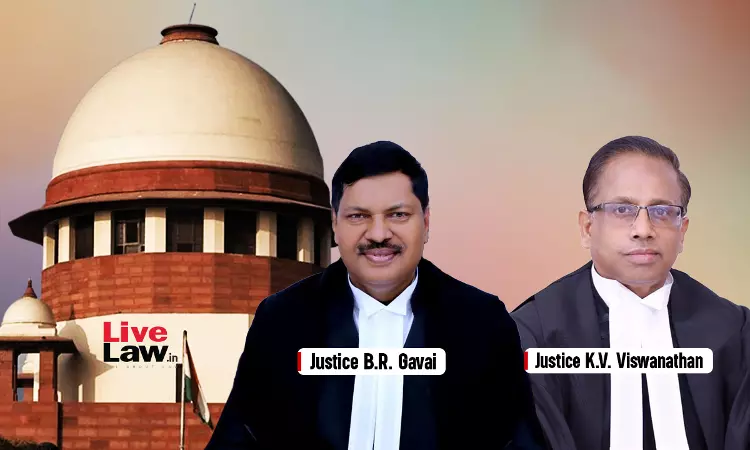Next Story
11 Sept 2024 8:22 PM IST
The Supreme Court observed that there cannot be a discrimination amongst the homogenous class of the candidates based on their date of admission who secured admission to the same course through the same process in the same academic session while determining their eligibility for getting an appointment to a particular position.The Rajasthan authorities, on 11.09.2017, issued an...

